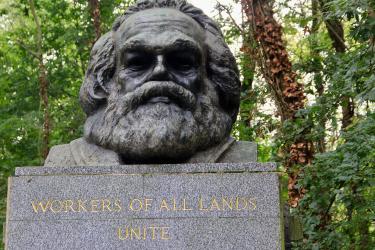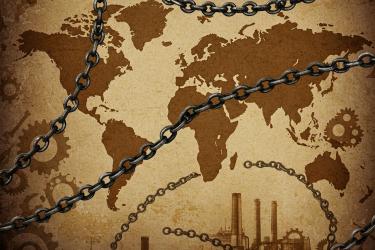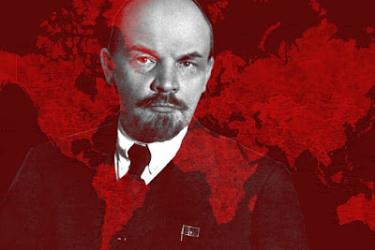Lenin
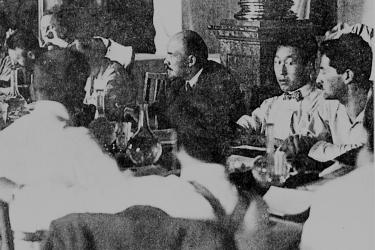
Eleven theses on Lenin’s theory of political oppression and the national question
Raju J Das — There is a need to not only understand what Lenin said on the national question and political oppression, but also study his ideas in light of the current world conjuncture.
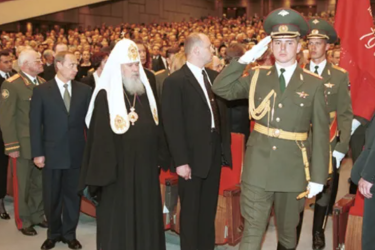
The Putin regime and the consolidation of a new imperialist state in Russia
Florence Oppen — Russia's imperialist economy today is a case study in the principle of combined and uneven development.
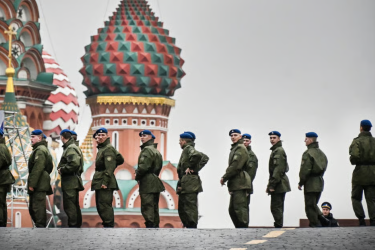
Is Russia imperialist? A response to Renfrey Clarke
Chris Slee — Lenin’s writings make clear that imperialism is not just an economic phenomenon. Political and military aspects also matter.
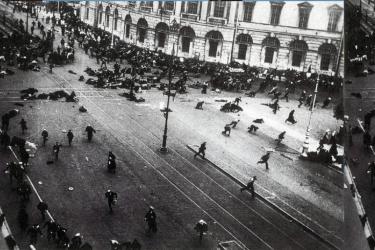
Paul Le Blanc on Russia’s 1917 Revolution and the problems of socialist organization
Paul Le Blanc argues there is much we can learn from the inspiring liberation struggle of 1917.
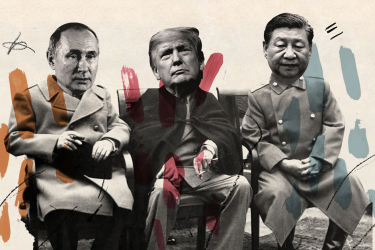
Is Lenin’s theory of imperialism still valid?
Valério Arcary — The Left is divided by two dominant and erroneous understandings regarding the meaning of the current world order.

Ukraine between empire and revolution: Lev Yurkevych’s anti-colonial Marxism
Lev Yurkevych ‘Ukraine and the War’ is the earliest concise Marxist analysis of the Ukrainian question to be presented to international socialists.

On compromises with the ruling class and ‘lesser evil’ politics
Sonny Melencio — A socialist party will inevitably make compromises when dealing with reformist forces. The challenge is maintaining independent political struggle and freedom to criticise bourgeois and liberal allies.
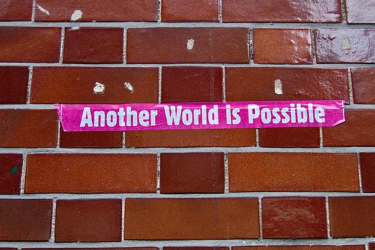
Why another world is possible: Comments at a socialist rally in Berlin
Paul Le Blanc addresses the question: “What makes socialists believe that another world is possible?”
